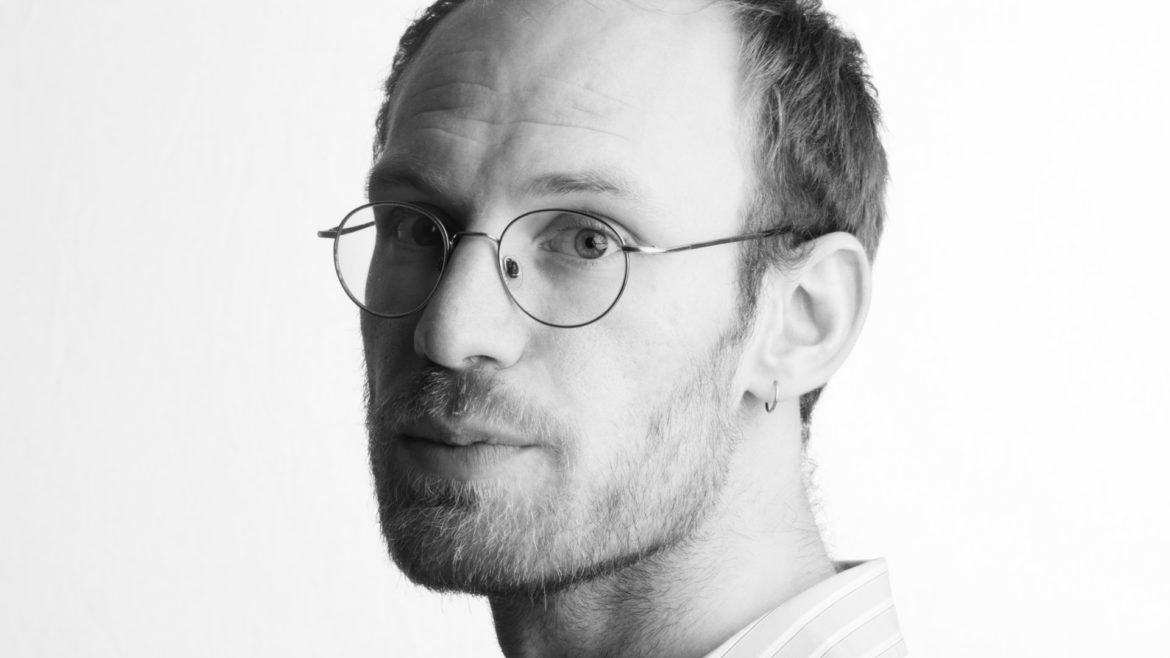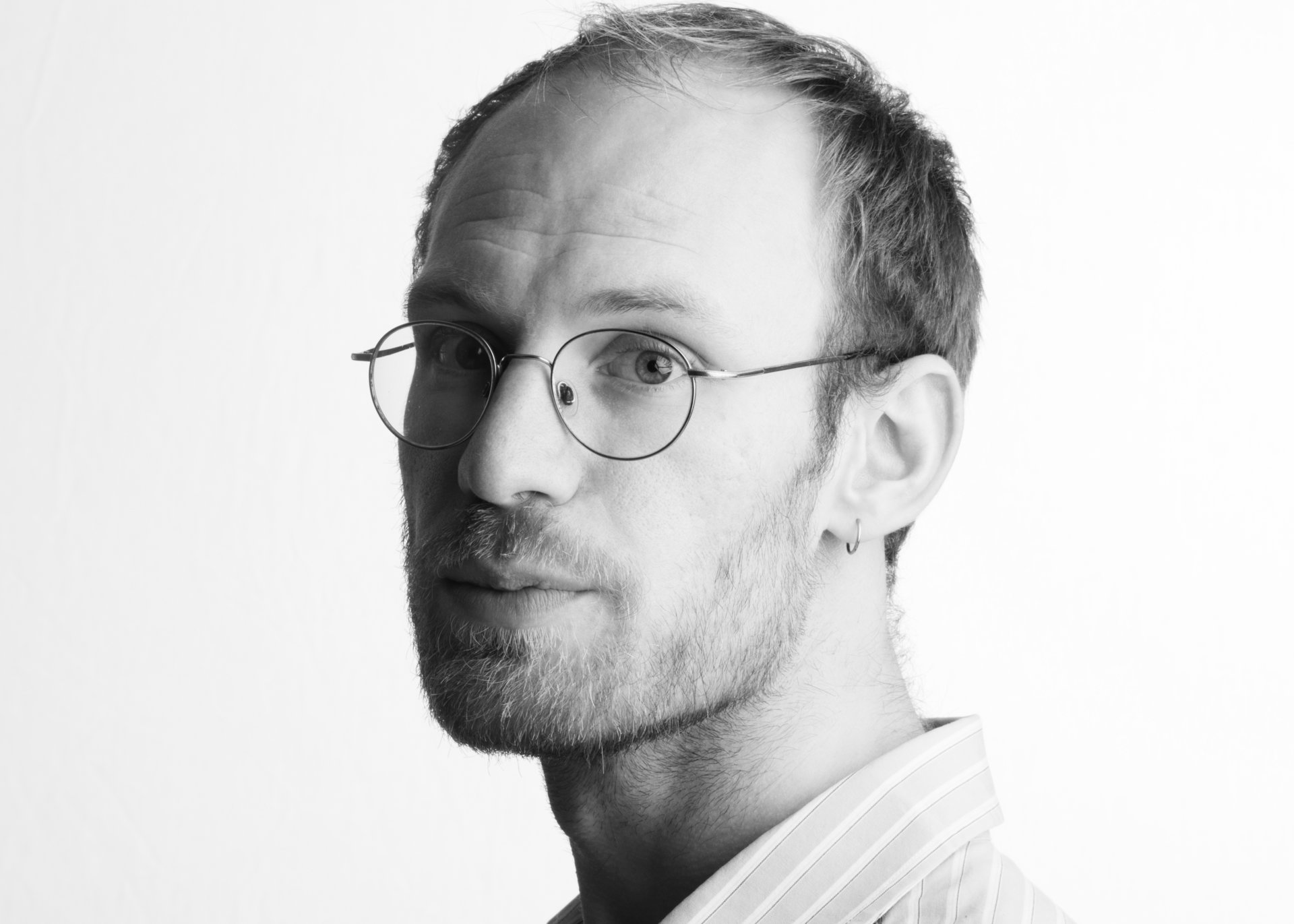Seminar with Robert Pogue Harrison: Amor Mundi
October 26, 2018 at 1-4 p.m.
Robertson Gymnasium 1000A
Through a discussion of “Amor Mundi,” the final chapter of Harrison’s 2014 work Juvenescence: A Cultural History of Our Age, this seminar will consider the mission of education in the humanities today—focusing on the relation of such education to Harrison’s central claim that “it takes a great deal of love—what Hannah Arendt, borrowing a phrase from Saint Augustine, called amor mundi—to take the well-being of the world to heart and commit oneself to assuring it continuity through the generations. It is that love, and that love alone, that takes custody of the world’s future.
Robert Pogue Harrison is Rosina Pierotti Professor in Italian Literature at Stanford University. He is the author of Forests: The Shadow of Civilization (1992); The Dominion of the Dead (2005); Gardens: an Essay on the Human Condition (2008); and Juvenesecence: a Cultural History of Our Age (2014).


